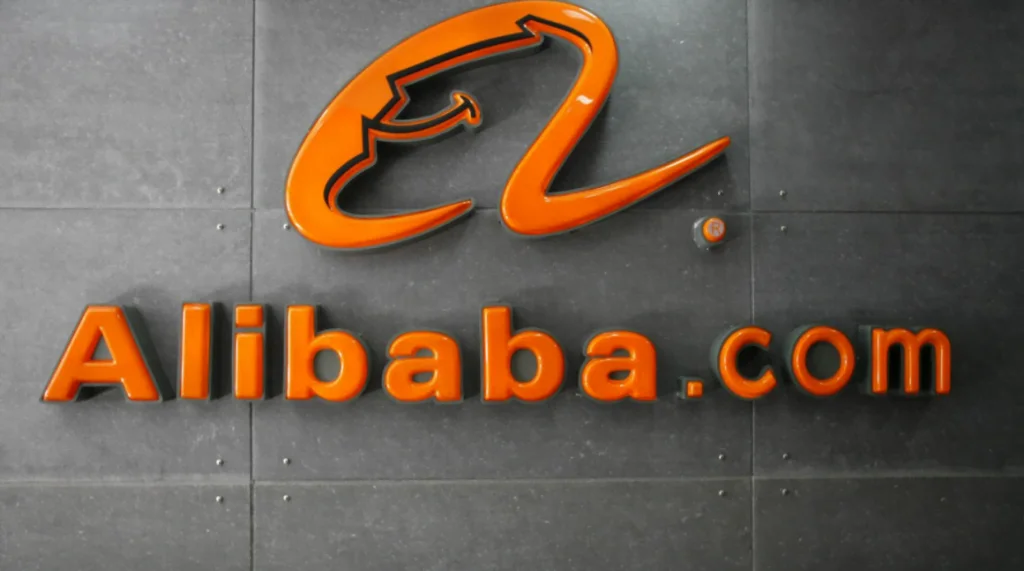Alibaba has developed a new marketplace where trademark holders may sell NFT tokens reflecting rights to their copyright.

Alibaba Group Holding, a Chinese multinational e-commerce giant, has established a new nonfungible tokens (NFTs) marketplace, allowing trademark holders to sell tokenized rights to their intellectual property.
The new NFT marketplace, called “Blockchain Digital Copyright and Asset-Trade,” is accessible through Alibaba’s Auction platform. The network’s NFTs will be issued on the “New Copyright Blockchain,” a distributed ledger technology platform managed centrally by the Sichuan Blockchain Association Copyright Committee.
According to a report from the Alibaba-owned South China Morning Post (SCMP) on August 17, the marketplace wants to recruit writers, musicians, painters, and game creators.
The marketplace is already operational, containing many NFTs that will be auctioned off next month. To participate in auctions, bidders must pay a deposit of 500 yuan (about $77). Each of the future auctions has a reserve price of $15.
Buyers can access their collections through the crypto portfolio app Bit Universe, which is integrated into WeChat.
SCMP reporter Josh Ye tweeted about the new marketplace, saying that “while the technology itself does not prevent illicit copying. Sales include full ownership of works purchased via the platform.”
Many of the NFTs on sale do not specify what rights are granted to consumers, and one NFT appears to depict unlicensed Star Wars fan art.
While this is Alibaba’s most significant NFT announcement to date, many of the company’s subsidiaries have previously embraced nonfungible tokens.
Cointelegraph reported in July that Alibaba-owned e-commerce portal Taobao featured NFTs for the first time in its annual Maker Festival, which celebrates Chinese art and business. Huang Heshan, a Chinese artist, hosted the auction of NFT-based real estate during the event.
In the same month, SCMP unveiled the ‘ARTIFACT’ NFT project, which contained tokenized historical moments covered by the publication from its 118-year-old collection, such as the handover of Hong Kong from the United Kingdom to China in 1997.
